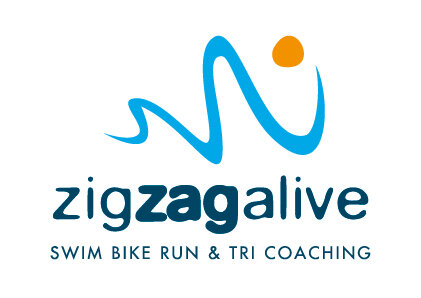Earlier this week I attended a really interesting and enriching evening talk by Sarah Tomlins from elite endurance coaches Bigg Performance. This is to share some of the key messages.
Bigg Performance are a renowned endurance coaching business, set up by Jon Bigg and his wife Sally Gunnell OBE. They have coached several Olympian middle distance runners and Jon is now also the GB Athletics Endurance Head Coach. Sally is… well, Sally Gunnell OBE. Sarah’s talk, with input from fellow Bigg Performance coach Dan, was to share some of their lessons from working with the very best in elite endurance sport.
A stand out for me was that although their experience was drawn from working with top performers in the rarefied and highly competitive world of elite athletics, each lesson was just as relevant to working with people of all abilities and ambitions. Sarah’s key point was that many athletes put all their focus and energy on the one or more hours they are training each day and disregard all the other hours in which actually the critical adaptation and recovery is taking place. If we take a fuller, more rounded view of all the other factors that impact on performance – rest and recovery, nutrition, bio-mechanics, mental energy and more – we’re likely to stay injury free, fresh and keep progressing to bring out the best in ourselves and those we coach.
It was also great to hear Sarah emphasise each person’s unique make up and circumstances, avoiding one size fits all generalisations and rules. For example, asked about the relevance of age for taking on different distances or challenges, she pointed instead to each individual’s training age as being more relevant, that is how many years someone has been active for.
These principles fit with my own approach – of always starting with the whole person in front of us and understanding their circumstances and ambitions. So, great to find other coaches at the very top of the profession and working at the sharp cutting edge of competition sharing similar approaches.
A lot of ground was covered in the two hours – planning and periodisation, nutrition, mobility for different endurance sports and more. Get the basics right and the detail follows was a constant theme, applying the 80/20 rule. So often we get immersed in a relatively small detail - for example, how many grams of which kind of recovery drink to be taken when - and miss the bigger picture, such as the importance of a balanced, regular diet.
One of the issues that stood out for me was around sleep. Again it’s easy to get caught up in how many hours each person needs, but the key issue is more about sleep quality. Sarah presented data showing different forms of sleep and how they aid different elements of recovery. It is in the first phase of deep sleep that our bodies do most of the physical recovery – and also when the effects of alcohol taken within four hours of going to bed are most limiting. Maybe those evening celebratory beers or glasses of wine after putting in some great training in the day aren’t such a great idea. She also touched on other areas of sleep hygiene, underscoring again the importance to be given to planned for and well prepared recovery in being ready to progress and perform.
One final point: Dan emphasised that pace judgement – being able to read your effort without the need of a device at the end of your arm – as a skill to be learnt and practised. I felt like shouting out “hooray!” (but managed to keep myself to a quiet smile). Bigg Performance also have their athletes use subjective measures, scored 1 to 10, to pick up on fatigue levels, motivation and muscle stiffness – very similar to a traffic lights system I ask my athletes to use to alert me and them to any warning signs. As I see it, both these general approaches are about attuning our athletes to the feel of being at their best, of being in control of the intensity of effort and alert to signs of over-fatigue.
So a really encouraging and enriching evening. Big thanks to Sarah and Dan and everyone else behind Bigg Performance. Coaching can be quite an isolating profession so it’s really great when a successful team opens up and shares their knowledge and experience.
They’ll be offering another talk, on Strength & Conditioning in March so look out for that.
